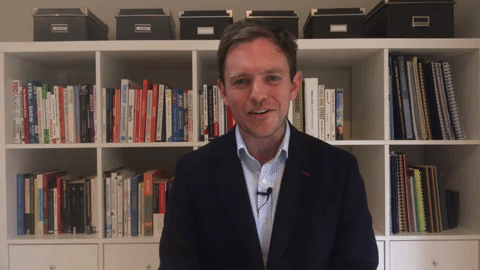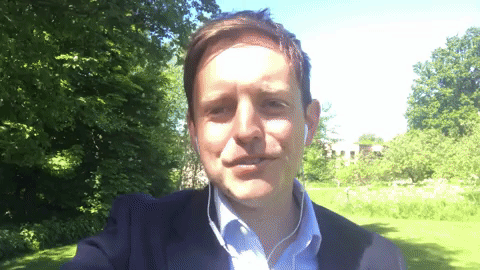I’ve been trying to appoint a Financial Advisor over the last couple of weeks. It’s a world that I don’t really understand so I’m looking for someone who is an expert in their field and can then translate all that mumbo jumbo (my technical term for anything that appears on a spreadsheet!) into words that I can understand. I’ve been amazed at how few of the companies I have talked to have been able to do that. I’ve been bombarded with technical language and acronyms, been asked to read “Terms and Conditions” the length of United Nation Treaties just to set up an initial consultation and even had a telephone conversation where an advisor actively tried to evade my questions around fees. Needless to say these interactions haven’t led to me appointing the firms in question! It’s not all been bad news though, I have found two firms who have made things simple and I am meeting with both to see which is the best fit. So, what did these firms do differently and how can you apply the lessons in your line of business?...
Put your audience first
When you’re an expert (I believe we’re all experts in our individual fields) it’s very easy to forget that the person you’re talking to probably isn’t. They haven’t had your experiences and they possibly aren’t as passionate about your subject matter as you are. Rather than broadcast your knowledge at your audience it is important to share it with them. I think we have to take responsibility when we communicate. How can we translate what we are saying into language that the people we are talking to can understand? What examples can you give or questions can you ask that will resonate? For example, when one Financial Advisor started talking about Asset Management, Estate Planning and my projected Net Worth, whilst I had a relatively solid idea of what he was talking about, I felt nervous that I hadn’t quite understood and stupid for not being more knowledgeable. When another asked me to start thinking about my dream lifestyle, the type of house I’d like to live in when I retired and how many holidays I wanted to take each year, I felt excited and empowered. There are many ways to crack an egg. Choose the method that your audience prefers rather than defaulting to your own preference.
Cut out the jargon
Every industry on the planet has it’s own language. It might be very subtle but if you listen hard enough you’ll start to hear words and phrases that you use regularly and instantly understand, which have little or no meaning to the outside world. Whilst these act as a short cut when everyone in the conversation is fluent with the terminology, to anyone outside of the circle hearing this language can be incredibly isolating. When I work with clients on presentations I always ask them to remove all acronyms and “technical speak” completely. Not only does this make it much easier for the lay-people in the audience to understand what you’re talking about, it also ensures that you give proper weight to the terminology that you use. ROI, SIPP, FSA, ISA, IHT, LTV, NI, HMRC – without proper context it’s all just alphabet soup!
Give people time to process
If you’re worried you might be losing your audience a natural tendency is to speed up in order to get things over and done with quickly, or to bombard people with information in order to reaffirm your expert status. In fact you should try to do the opposite. Slow down and say less. It takes people time to digest and process new information. In order to give ideas meaning and give ourselves a chance of remembering new things we need to create connections and pictures in our minds. That requires space, especially with complex concepts. Better to make three key points that land, than to introduce seven topics which all go over people’s heads. You shouldn’t leave your audience exhausted and scrambling to keep up. Instead give them less information and more time to internalise what they are hearing. Trust the people that you are speaking to, if you’ve created the right environment and they need more information they’ll ask questions. If you’ve ever spent an hour on the phone with a Financial Advisor who loves the sound of their own voice you’ll know I’m right!
My final piece of advice is to ask yourself the following question: “Would this make sense to a five year old?”. If the answer is yes then you’re probably on to a winner. It’s not about dumbing down, it’s about conveying your message in a meaningful way that leaves your audience feeling empowered to act. To quote Albert Einstein “If you can’t explain it simply, you don’t understand it well enough.”
Have you got any tips or tricks for communicating complex ideas? Do you think I’m talking simplistic nonsense? I’d love you to join the conversation by commenting in the box below.
Keep shining (simply)!
Dominic















